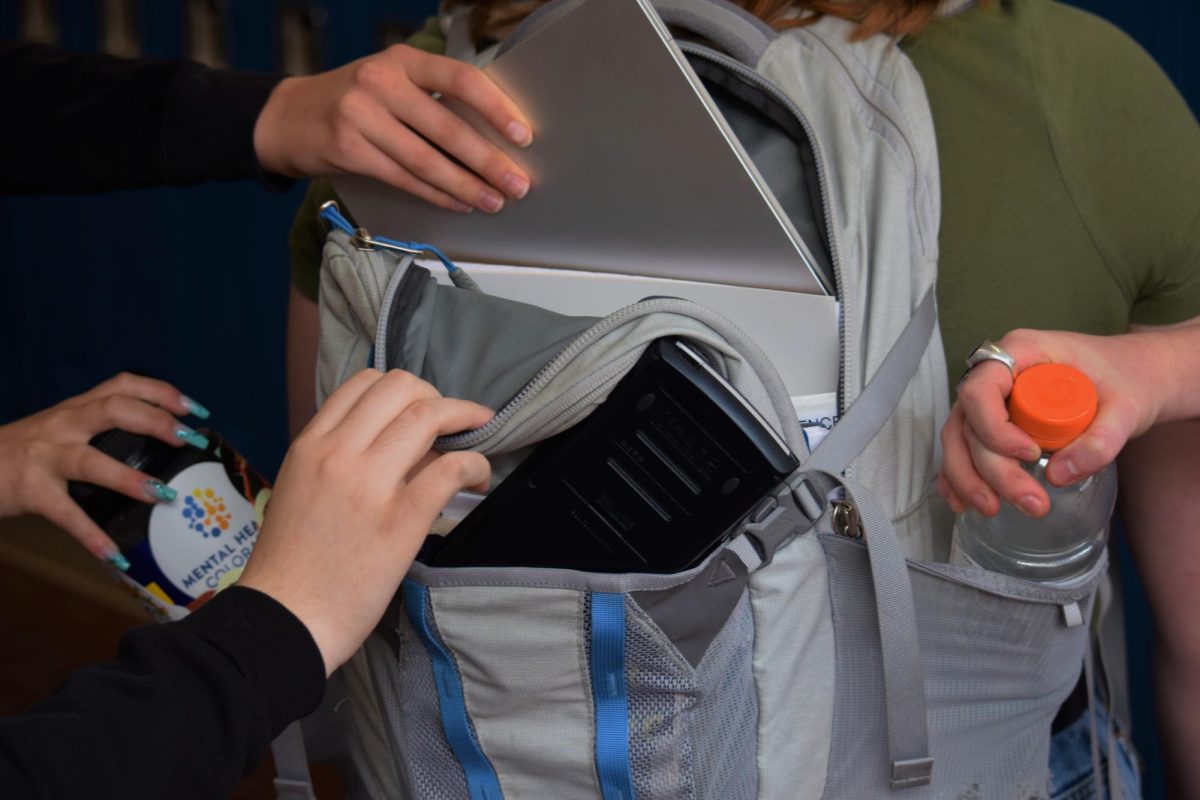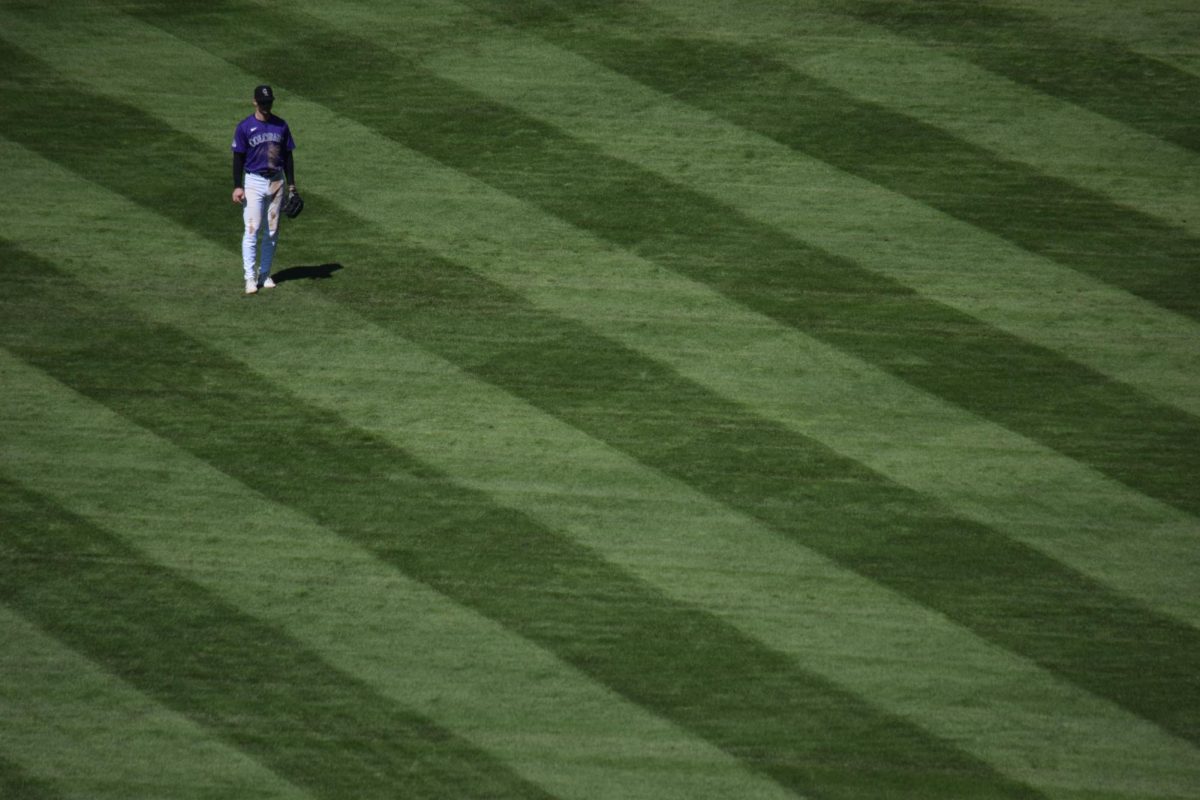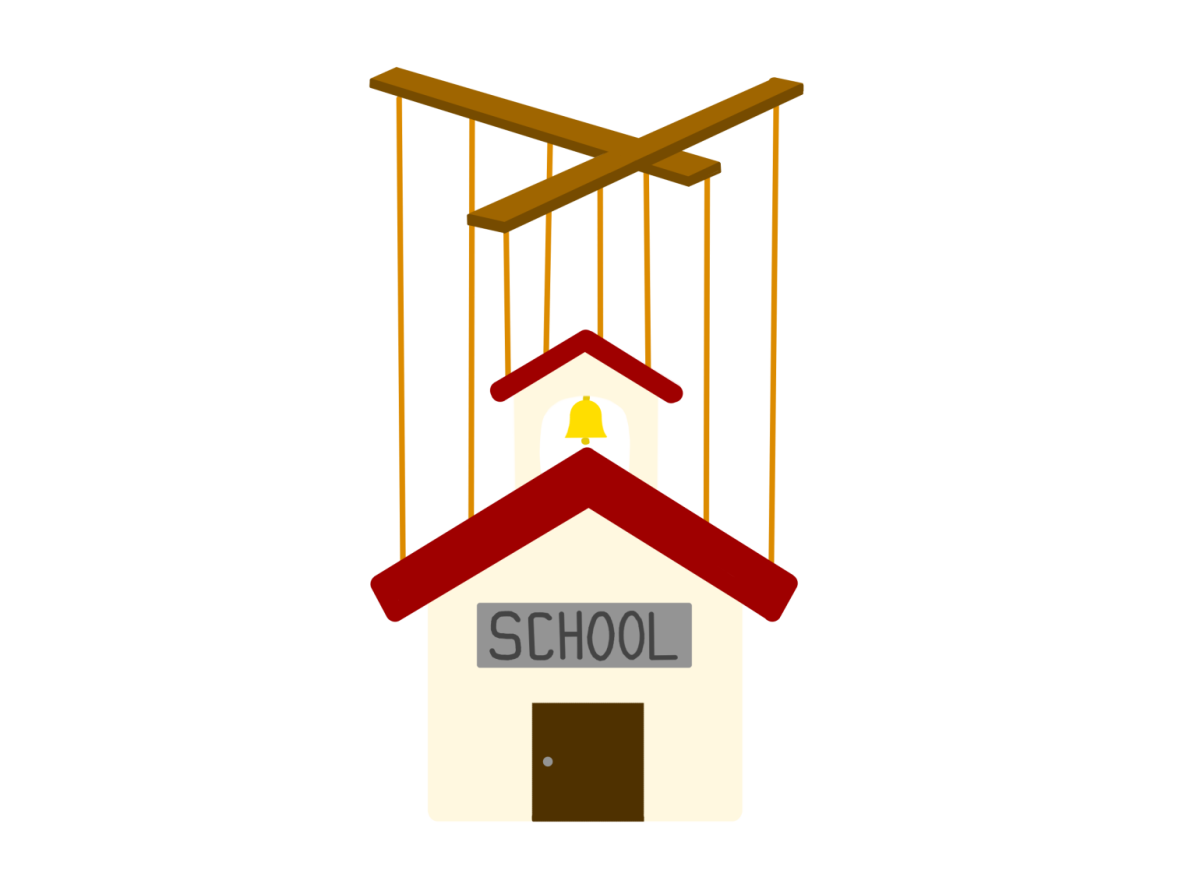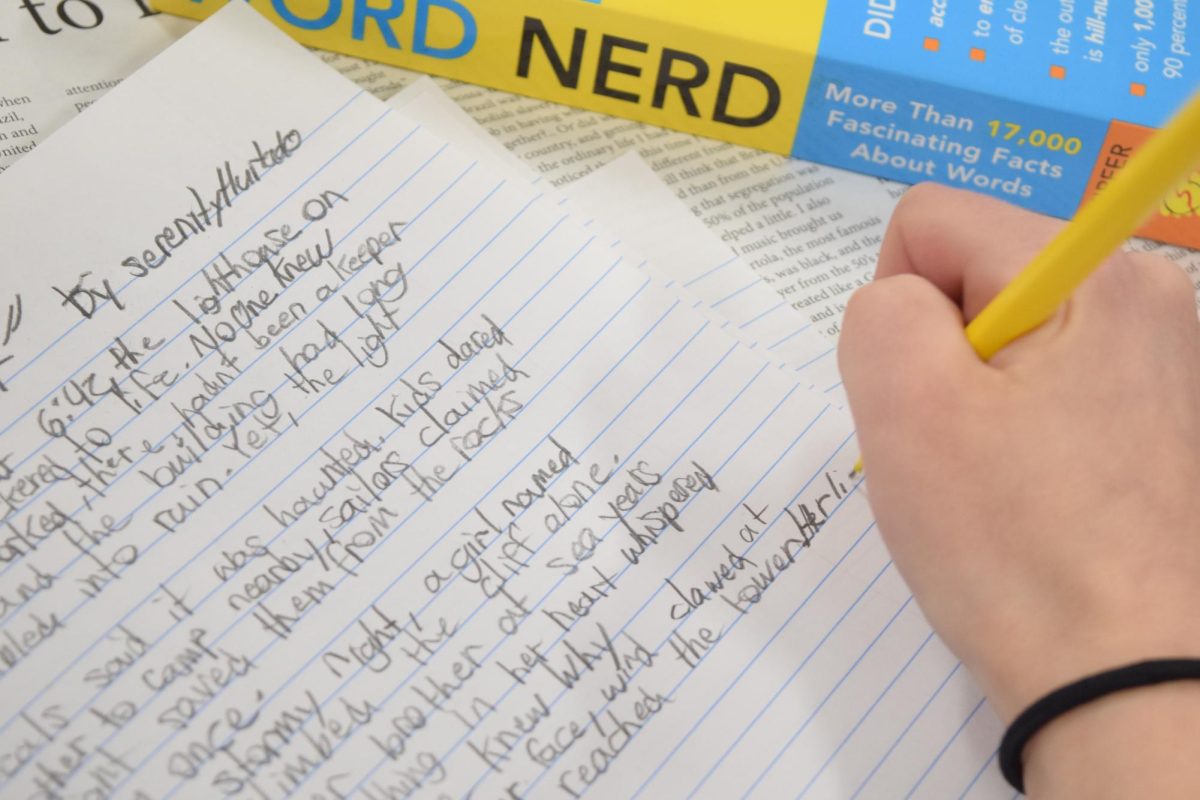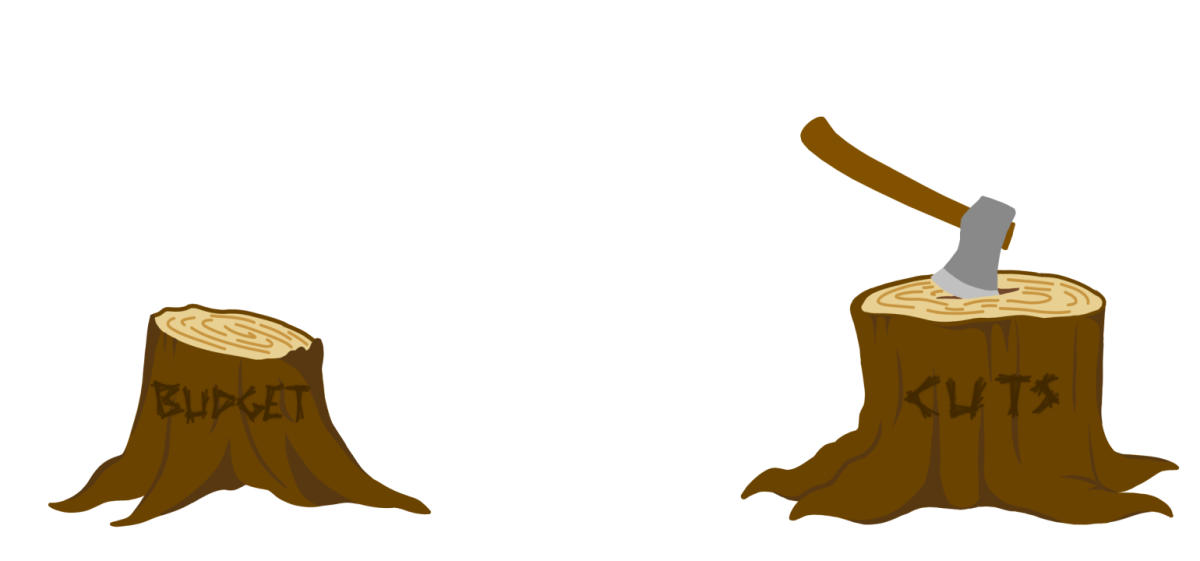This year, Creek implemented a new policy to deal with theft: Restorative Justice.
“When there’s a situation between two students, whether it’s a stolen item, or name calling or just a conflict, we can sit down and really work with both students to gain a better understanding of the other person’s perspective and learn from that as well,” Dean Natasha Utterback said.
This system is meant to allow students to face the people they have affected, connecting them with the impact of their actions on others, not just themselves.
For some, this may appear as an attempt to lessen the punishment for the perpetrator. But realistically, sitting down with a peer, especially one you have impacted negatively, can make a person understand their actions more deeply.
The humiliation felt when a person has to explain a mistake they made to the person who they affected is immeasurable.
And for most high schoolers, working to prevent that feeling is a priority.
This program is also likely to discourage repeat offenders, with that humiliation serving as a strong reminder of the consequences of theft.
Also, rather than hearing it from an adult, perpetrators are hearing the impact of what they did from their victim, not a third party.
Restorative justice pushes for the re-education of students as well.
“We always want to hold kids accountable, because we’re helping them become adults in society. We want them to be good positive citizens. And that’s [what] we’re trying to teach them how to do,” Utterback said.
While this accountability doesn’t mirror real world implications of theft, it shouldn’t. School systems should be teaching students how to become responsible people, who not only understand the seriousness of their actions, but are able to grow emotionally from them.
Suspensions, on the other hand, only push students farther away from this goal.
Rather than creating the one-on-one connection that Restorative Justice provides, suspension only further disconnect students from their actions.
Other than the humiliation, there is a strong value in sitting with a peer and talking about your mistakes. It forces a mature conversation to be had, because there is a person on the other end that you care about, at least socially. =
But suspensions are interactions between a student and their dean, a dynamic that is likely already strenuous for thieves.
Suspensions also prevent a student from literal learning, as they have to interrupt classwork with their sentence. Removing a student from the very environment they are meant to grow in only deteriorates their progress.
Suspensions are dated and pointless, especially because they stop a student from learning from their mistakes, which is the very point of school.
In implementing Restorative Justice, Creek is taking a step towards fulfilling it’s role in raising students into good people.

